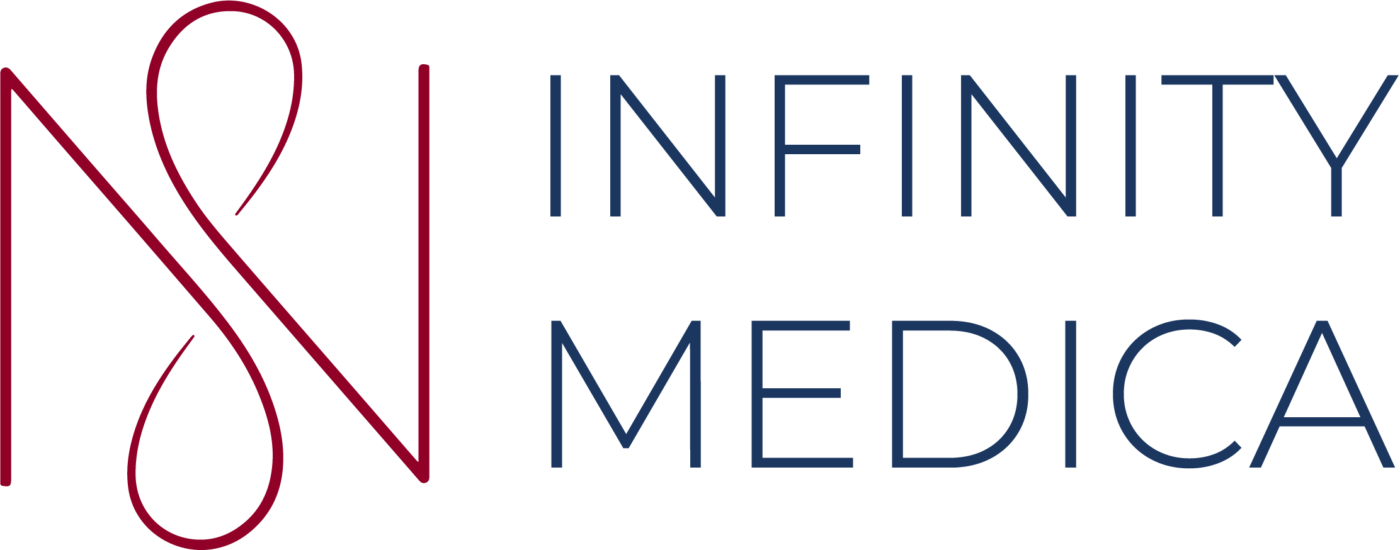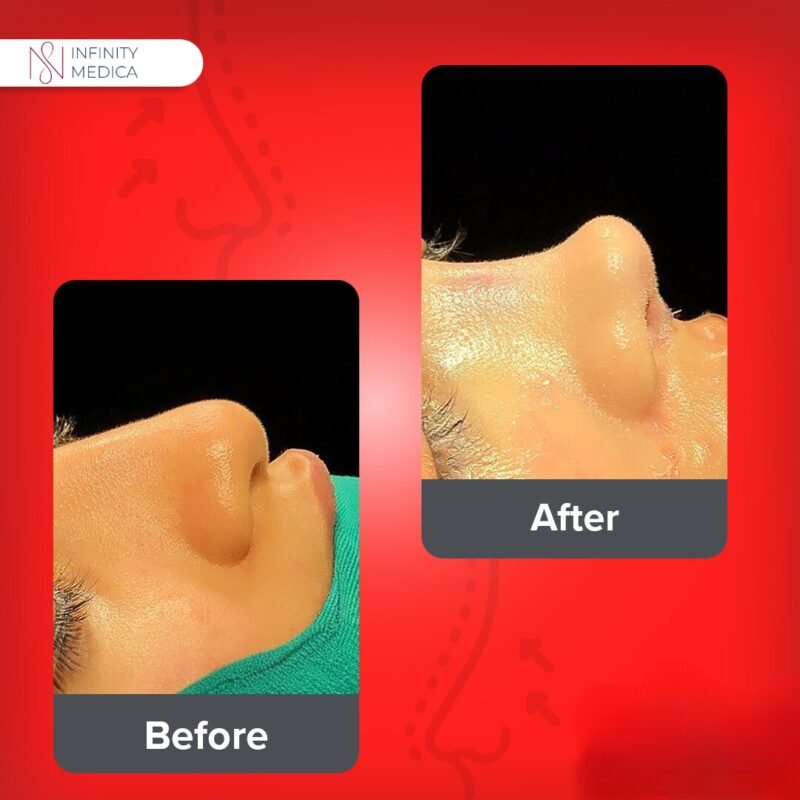What is Rhinoplasty?
Rhinoplasty, commonly known as a nose job, is a surgical procedure performed to enhance the shape or function of the nose. It can be done for cosmetic reasons, medical purposes, or a combination of both, such as correcting structural deformities or improving breathing issues.
Reasons for Rhinoplasty
Rhinoplasty is typically performed for the following reasons:
-
Cosmetic Reasons:
-
Reducing the size of the nose.
-
Straightening a crooked nose.
-
Smoothing a nasal hump.
-
Lifting the nasal tip or narrowing the nostrils.
-
-
Medical Reasons:
-
Correcting a deviated nasal septum.
-
Addressing chronic breathing problems.
-
Repairing deformities caused by injuries or birth defects.
-
The Procedure
-
Consultation and Preparation:
-
The surgeon evaluates the nose and the patient’s overall health.
-
Goals and expectations are discussed.
-
Pre-operative photos are taken for reference.
-
-
Surgical Process:
-
Performed under general or local anesthesia.
-
The surgery can be open (with a small external incision) or closed (through the nostrils).
-
Bone and cartilage are reshaped as needed.
-
-
Post-Operative Care:
-
A nasal splint is typically worn for a few days.
-
Swelling and bruising may occur and usually subside within two weeks.
-
Final results may take 6 months to a year to fully appear.
-
Benefits of Rhinoplasty
-
Enhances facial harmony and nasal proportions.
-
Boosts self-confidence and appearance.
-
Improves breathing and nasal function when medically indicated.
Possible Risks and Complications
Although generally safe, rhinoplasty may involve some risks:
-
Bleeding or infection.
-
Numbness or changes in nasal sensation.
-
Breathing difficulties.
-
Dissatisfaction with results, possibly requiring revision surgery.
Ideal Candidates
-
Healthy individuals with no serious medical conditions.
-
People with realistic expectations.
-
Those whose nasal growth is complete (usually after age 16–18).
Conclusion
Rhinoplasty is one of the most popular and effective cosmetic surgeries, offering both aesthetic and functional benefits. Choosing a skilled and experienced surgeon is key to achieving the desired outcome and minimizing risks.

 العربية
العربية
